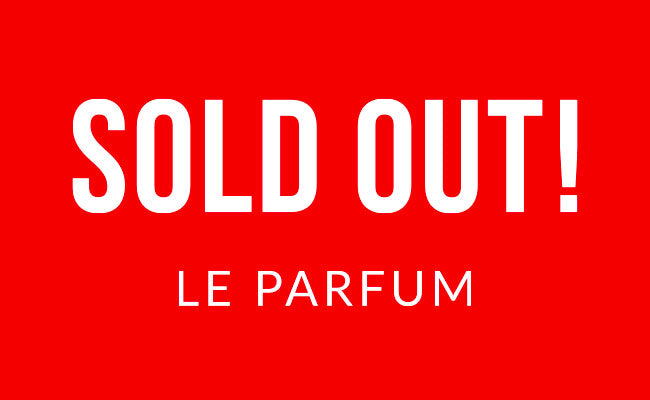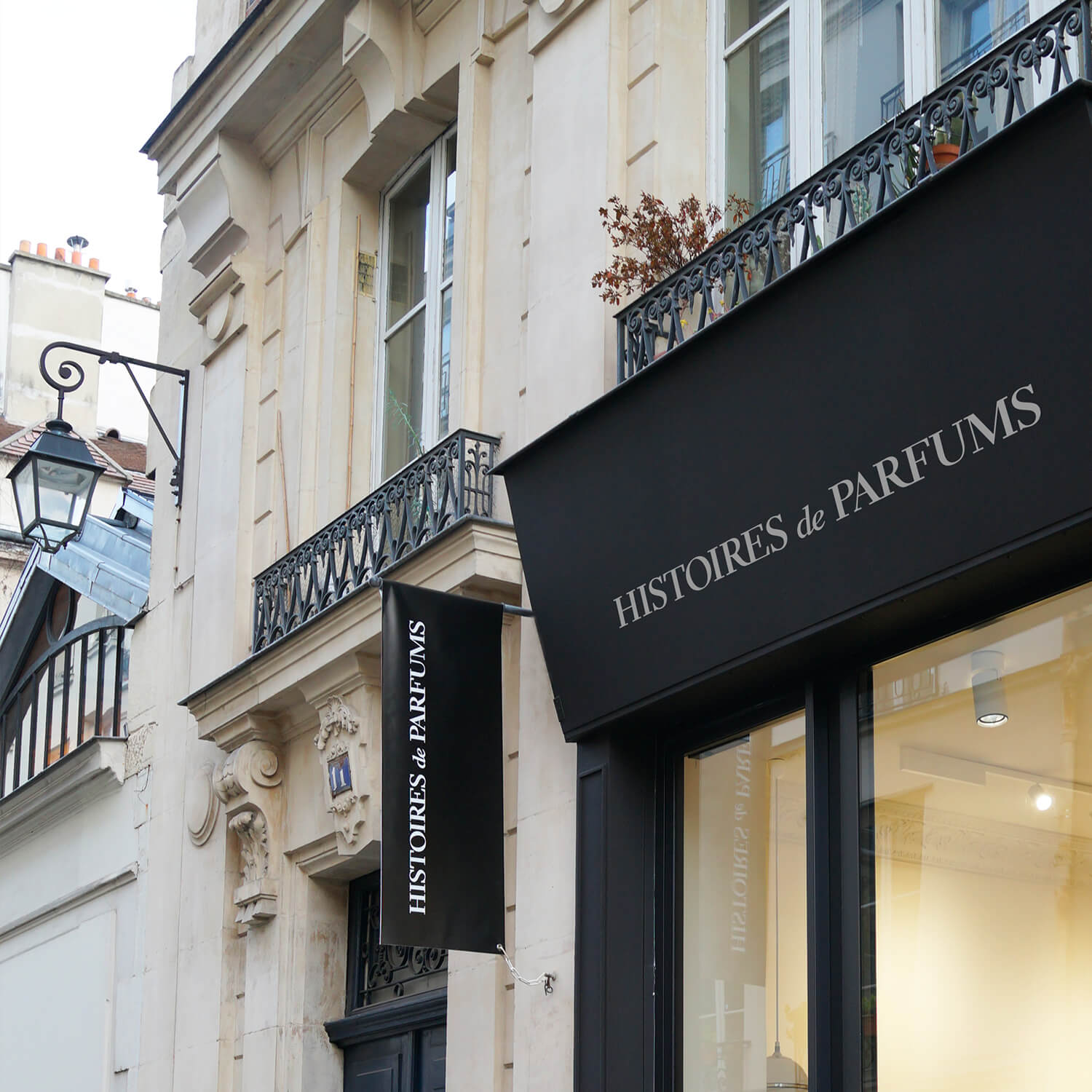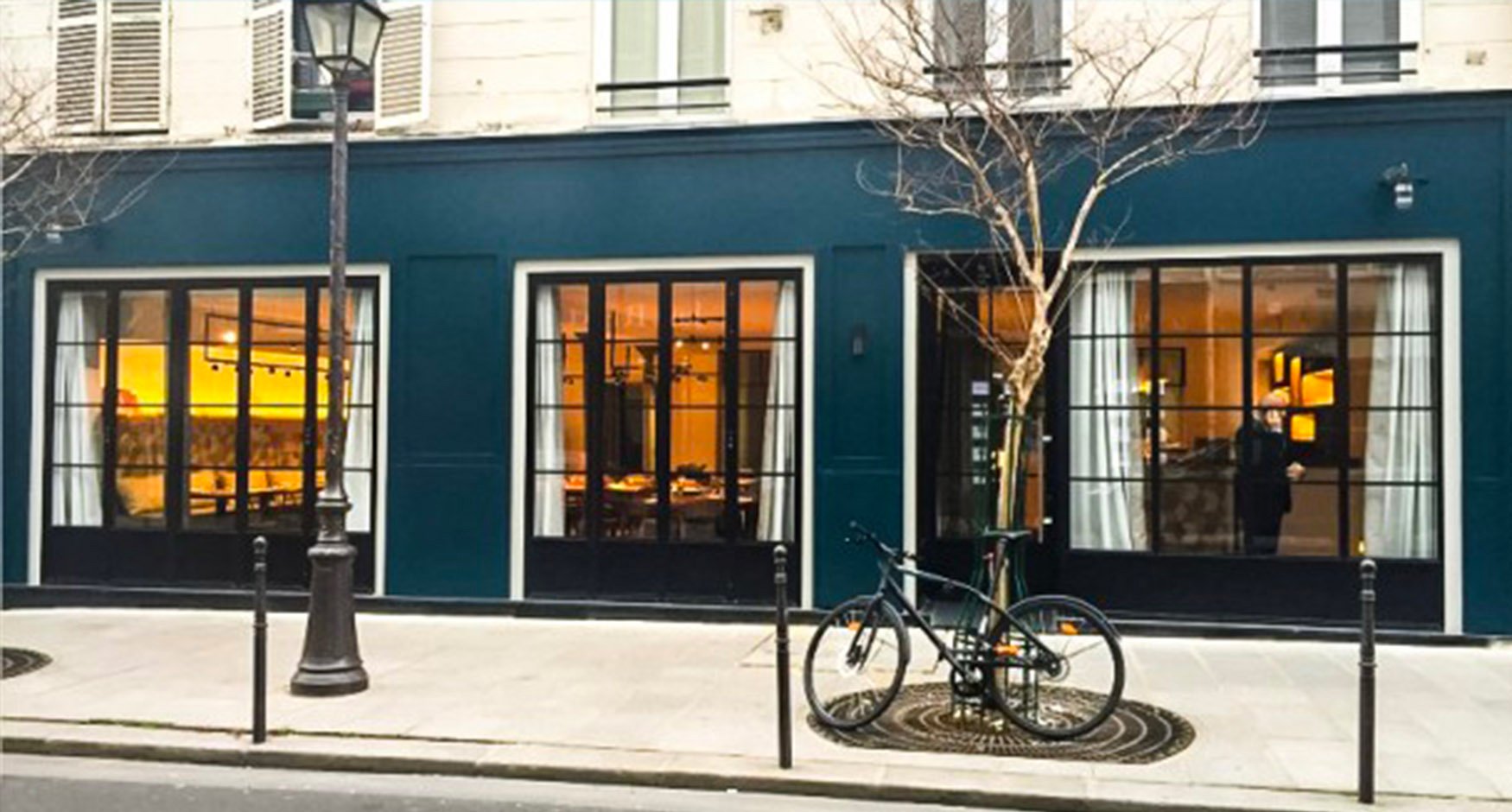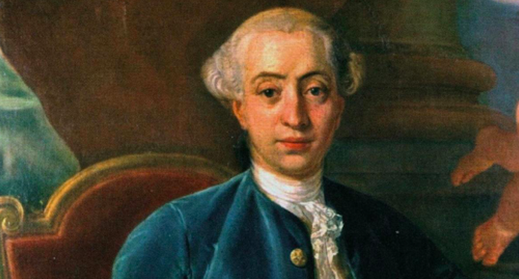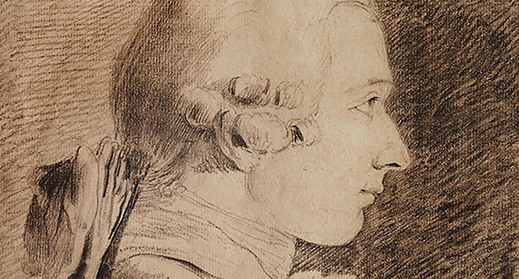
1740: The Marquis de Sade

The Marquis de Sade, unflinchingly decadent, depraved, and resolute, was no fictitious character. Indeed we have distilled his legacy and spirit in 1740 eau de parfum, however this is just the beginning of understanding this licentious character. Read now, smell later—the rest is to be discovered on your skin.
Donatien-Alphonse-Françoise, the Marquis de Sade, namesake of sadism, was born in 1740 to a womanizing diplomat father in Louis XV’s court and a removed lady-in-waiting mother to the Princesse de Condé. Needless to say, the Marquis was closest with his servants; he knew nobility, luxury, and immediate gratification from a young age. The expectation that life, like his servants, was waiting at his feet, if only he could devise something to do with it, remained constant in the Marquis’ life. He spent his later childhood with his uncle, a sacrilegious clergyman with numerous lovers, no stranger to the pleasures of the flesh. At the Lycée Louis-le-Grand in Paris, the Marquis de Sade’s defiant nature acquainted him with corporal punishment, but his flagellation was no discipline—it carried erotic, arousing overtones. Thus the unique set of events that characterized the Marquis’ upbringing set the framework for his dark, debauched creativity that fomented the religious, psychological, sexual, and philosophical contraventions for which he is still famous.
By 1763 at age 23, the Marquis de Sade was a married man: he provided the title and she the wealth. But Renée-Pélagie de Montreuil was not enough for the insatiable Marquis; within months he was renting rooms and financing prostitutes. Easter of 1768 saw the Rose Keller affair. The Marquis de Sade brought the famous Rose Keller to his countryside house and lured her into his dark and depraved sexual fantasy. His exploits continued and he engaged in blasphemous behavior for his time, defiling the cross and performing sodomy, orgies, and homosexual fornication.
But the value of the Marquis’ narrative lies far from these eccentricities; the Marquis de Sade was unafraid, answered to no one, and was a cultural, psychological, and philosophical pariah. He reveled in the darkness of the subconscious, inviting violence, hatred, selfishness, and cruelty into his life. But this does not make the Marquis evil—Au contraire, he merely opened the world’s eyes to how devilishly dark one could be if they succumbed to their basic instincts. But we cannot blame the messenger…
Though he may be a transgressive character and the namesake of sadism, diminishing Sade’s story to these facts would be reductive. The provocative ideas and lifestyle of the Marquis de Sade predated revered visionaries like Sigmund Freud and Oscar Wilde, and inspired the likes of surrealist painter Salvador Dalí, and philosopher Jean-Paul Sartre. And all the while, amid his insatiable exploration of the darkness and perversion of humankind, he encountered unwavering love and light for his wife and three children, forever indexed in hidden letters just recently discovered.
1740 opens with a boozy note of Davana, quickly lit up by a spritz of Bergamot and Coriander — a sparkle in the eye of the Marquis. The opening darkens, leans into shadow-panes of Labdanum and Benzoin, under wisps of Tar and Patchouli; cold ashes of Elemi play with Vanilla beans on the floor; the smoothness of ambery resins creeps towards burning shrubs of Immortelle — a sweet, animalic skin. Sybaritic, sensual and profoundly compelling, 1740 invites desire and resists authority. Unless, of course… you are the authority.
1740 taps into the deepest, darkest, most luscious alcoves of your mind.
written by Madison Hofert

